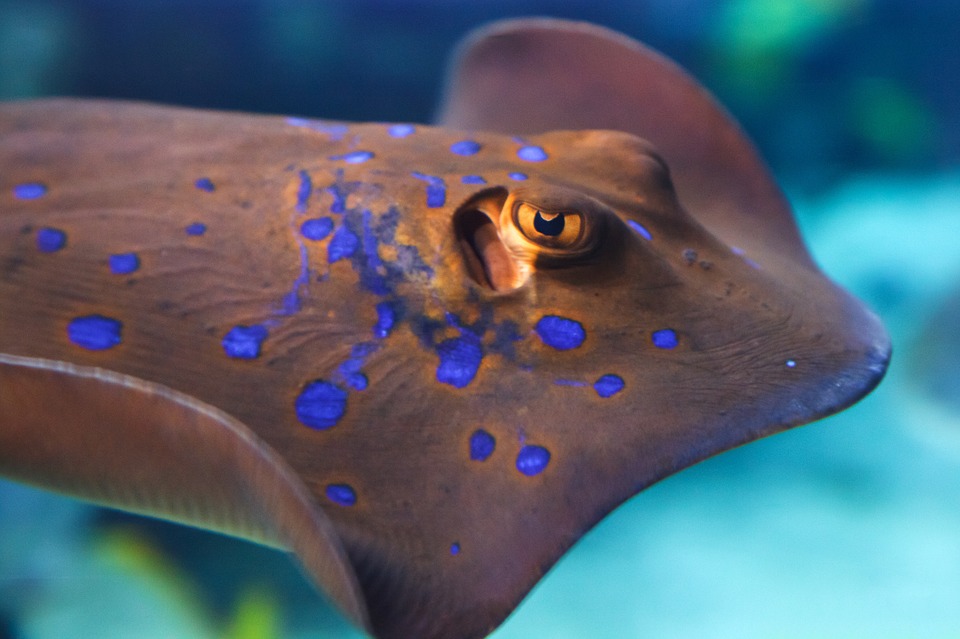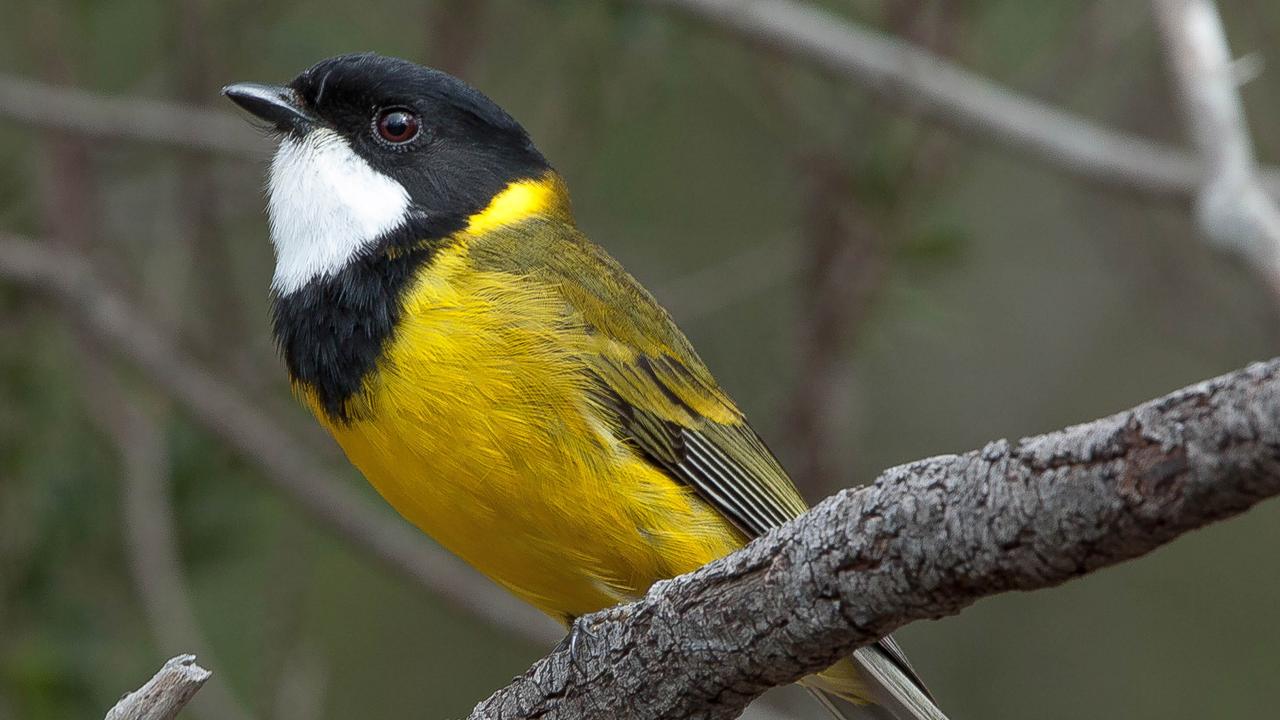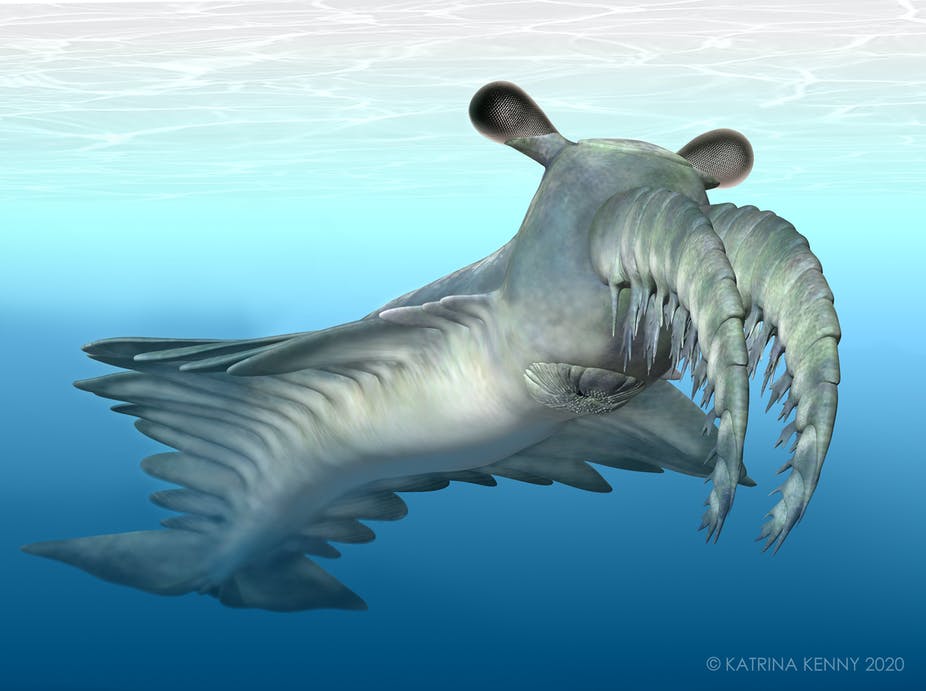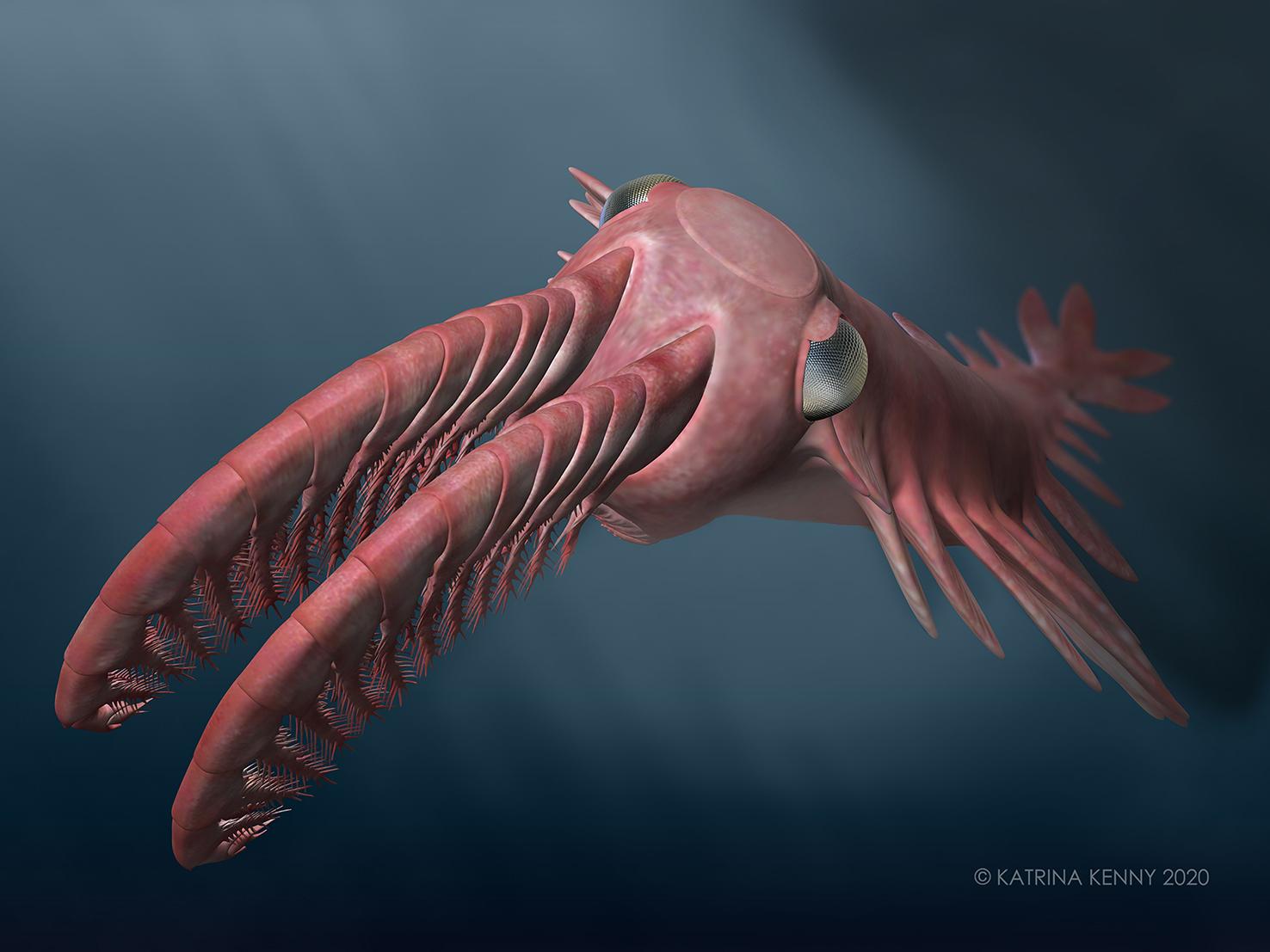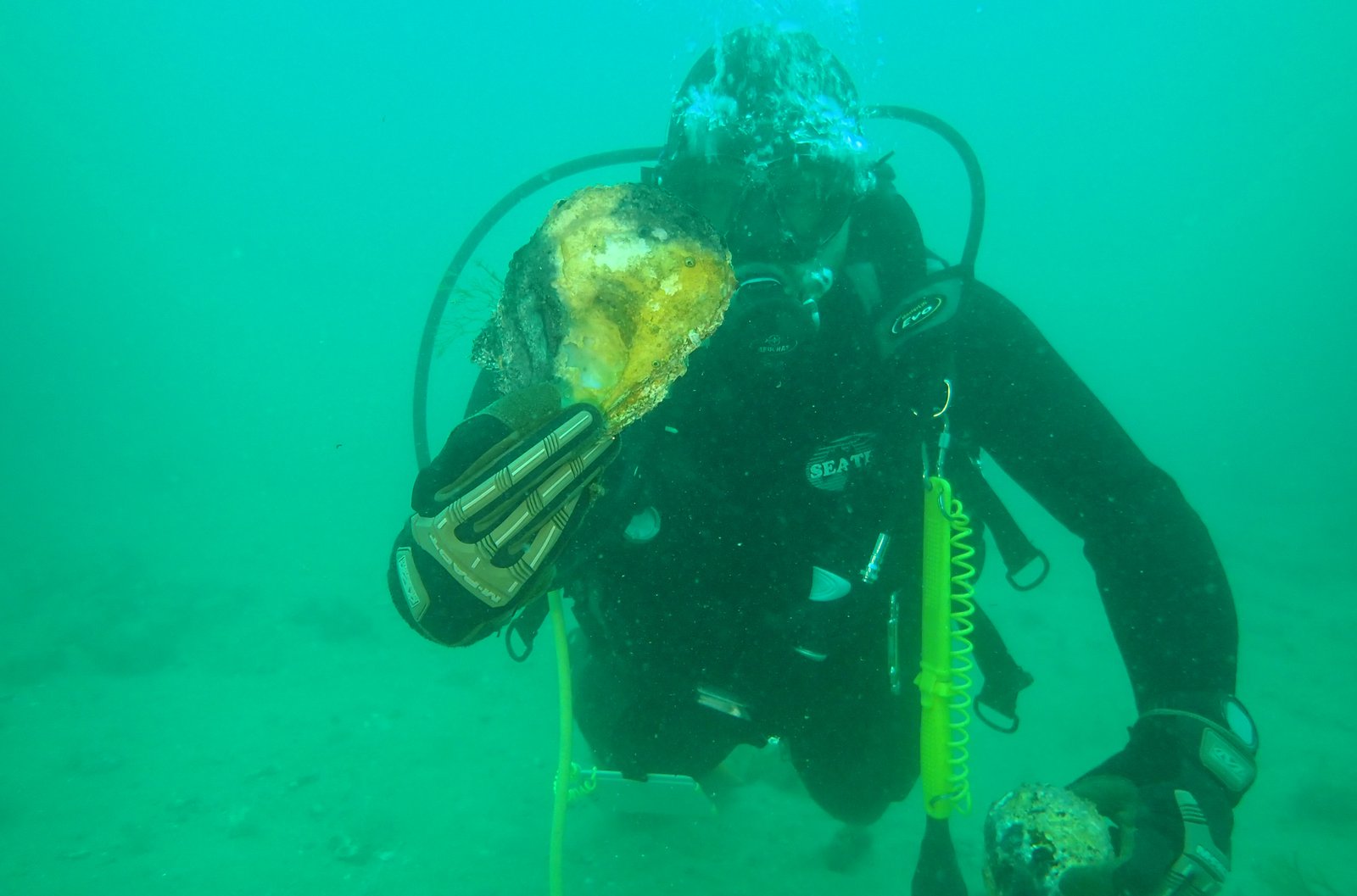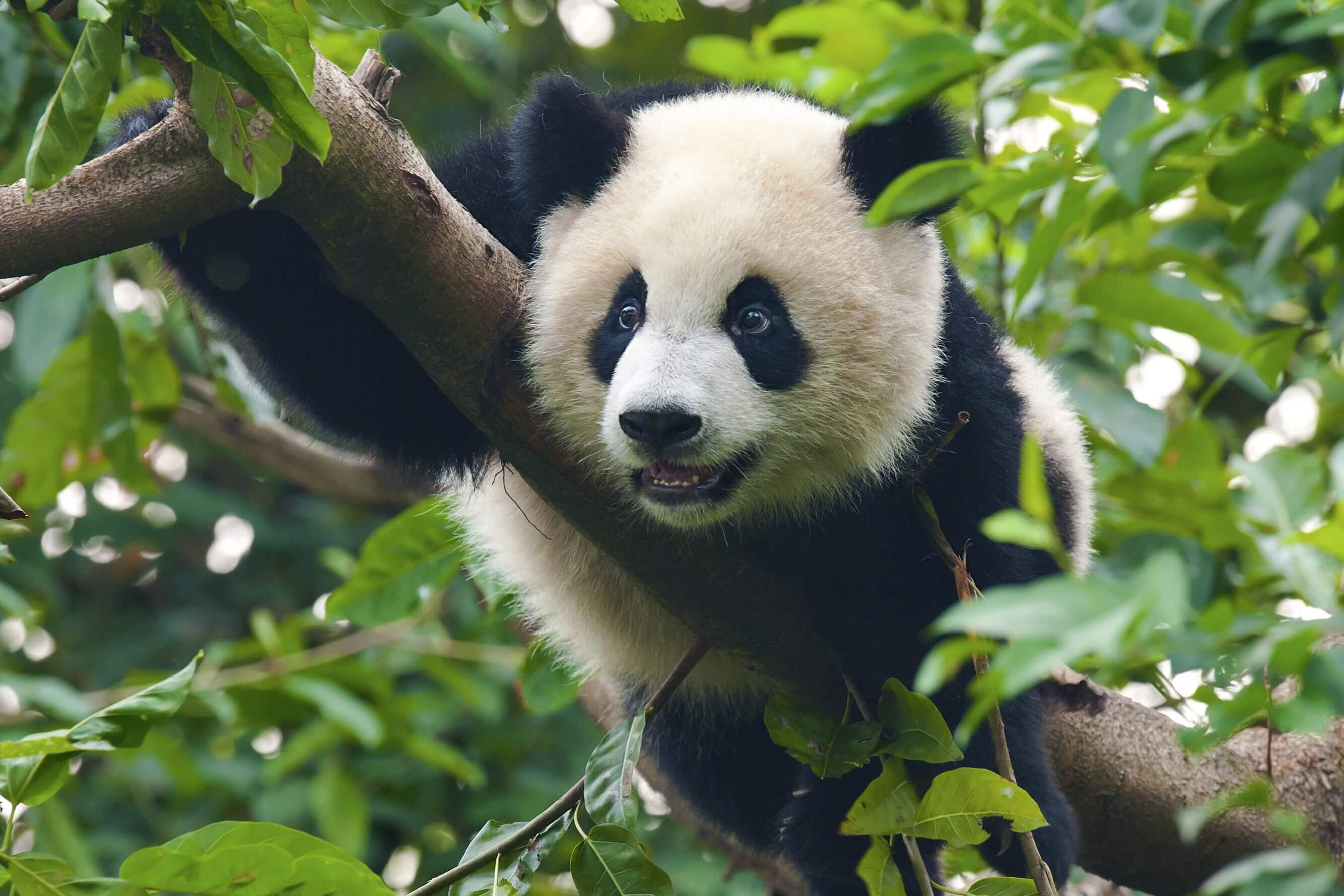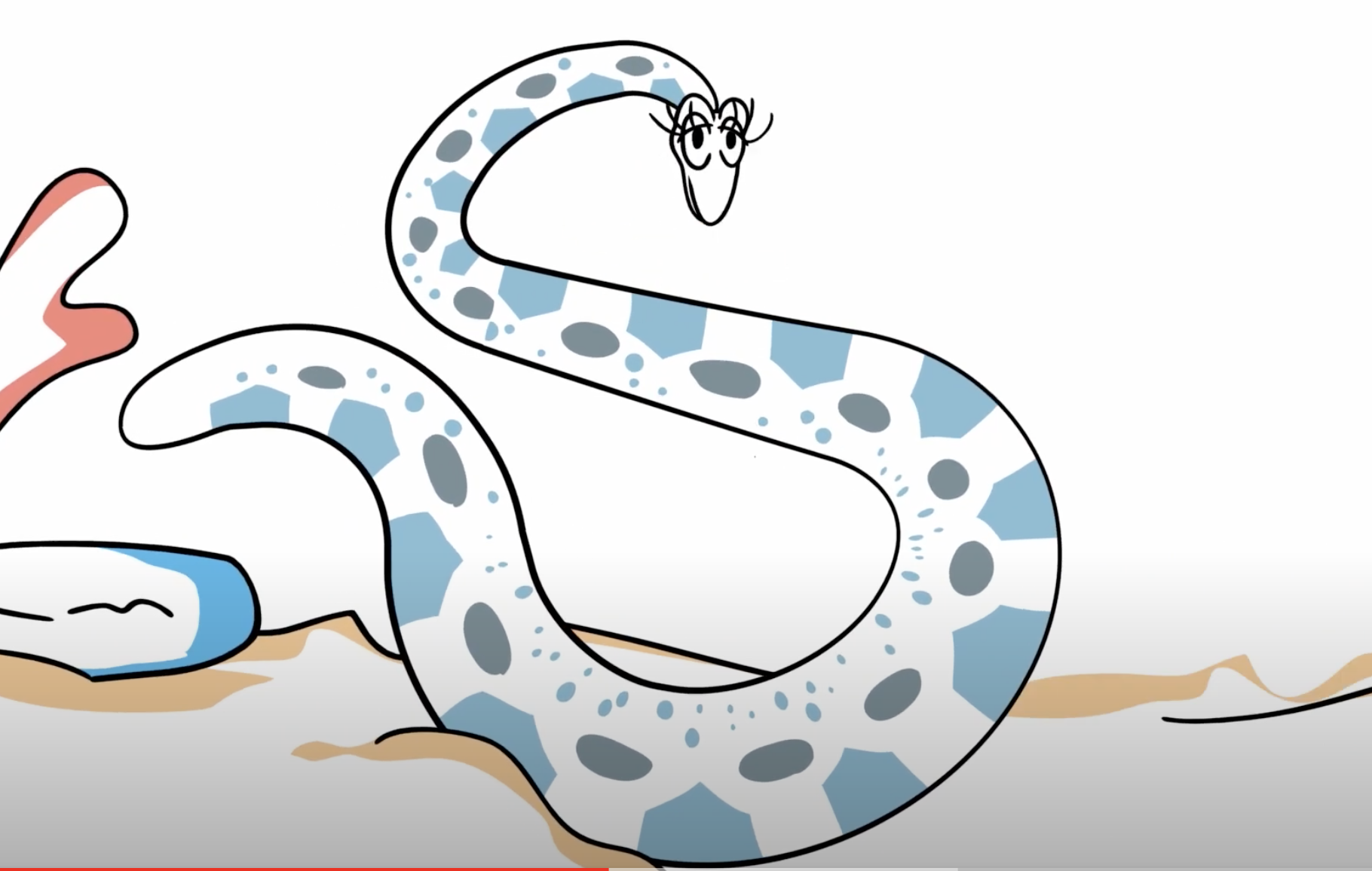BLOGS WEBSITE
Category: Publications
International joint research reveals how fish adapt to ocean acidification by modifying gene expression
Human-driven global change is challenging the scientific community to understand how marine species might adapt to predicted environmental conditions in the near-future. The effects of the uptake of anthropogenic atmospheric CO2 by oceans affects propagate across the biological hierarchy, from changes in the building blocks of life at nano-scales to organism, physiology and behaviour through ecosystem […]
Comments Off on International joint research reveals how fish adapt to ocean acidification by modifying gene expression
Mount Lofty Ranges woodland bird monitoring reveals steep decline in numbers
Woodland birds are disappearing from the Mount Lofty Ranges at an alarming rate, University of Adelaide research shows, and scientists say the trend is a sign that the ecosystem is on the verge of collapse. Over the past 20 years, the number of woodland birds at monitoring sites has halved. Member of the Environment Institute, […]
Comments Off on Mount Lofty Ranges woodland bird monitoring reveals steep decline in numbers
Reducing artificial light at night may improve health
There is a growing body of evidence that exposure to green space is good for our health but a new study from the University of Adelaide has found that this may equally be due to how much light we are exposed to at night. Spending time in green space can improve depressive symptoms, obesity, and […]
Comments Off on Reducing artificial light at night may improve health
Freaky ‘frankenprawns’: ancient deep sea monsters called radiodonts had incredible vision that likely drove an evolutionary arms race
Deep sea animals can be the stuff of nightmares. Many inhabit the ocean’s twilight zone (down to 1,000 metres depth), where sunlight has virtually disappeared, and have adapted their vision to this dark alien world. Evolution gave them large, complex eyes to see in dim light — examples include the Vampire Squid, Sloane’s Viperfish, and various predatory crustaceans. […]
Comments Off on Freaky ‘frankenprawns’: ancient deep sea monsters called radiodonts had incredible vision that likely drove an evolutionary arms race
Incredible vision in ancient marine creatures drove an evolutionary arms race
Ancient deep sea creatures called radiodonts had incredible vision that likely drove an evolutionary arms race according to new research. The international study, led by Professor John Paterson from the University of New England’s Palaeoscience Research Centre, in collaboration with the University of Adelaide, the South Australian Museum and The Natural History Museum (UK), found […]
Comments Off on Incredible vision in ancient marine creatures drove an evolutionary arms race
Shellfish Reefs project wins Eureka Prize
University of Adelaide marine ecologists are among a team of scientists awarded a Eureka Prize for their research towards rebuilding Australia’s lost shellfish reefs. Our researcher from the Environment Institute, Dr Dominic McAfee and the School of Biological Sciences, and Dr Heidi Alleway, from the Division of Research and Innovation, joined researchers from v in winning the NSW […]
Comments Off on Shellfish Reefs project wins Eureka Prize
Want to make a change in our world that positively helps biodiversity conservation?
Change is hard, but not impossible. Guest blog post by Matthew Bowie, who is in the final months of his PhD which focuses on consumer behaviour change and sustainable coffee. Many of the threats facing biodiversity are the result of human actions. This is simply a fact of the world we live in. However, I see […]
Comments Off on Want to make a change in our world that positively helps biodiversity conservation?
Looking to the past to maintain future biodiversity
Researchers have found that in reliably identifying similar warming events of the past, future climate change effects can be forecast, helping predict the best way of protecting species and ecosystems. ”Reference periods in Earth’s history serve as natural laboratories for understanding biodiversity responses to climate change and improving strategies for conservation under ongoing and future climate […]
Comments Off on Looking to the past to maintain future biodiversity
Shape-shifting sea snakes – a dynamic story of powerful selection pressures and rapid evolution
Evolutionary biologists are tasked with understanding the great diversity of organisms around us. For all we have discovered about the natural world, there is still so much yet to be understood. Researchers at the University of Adelaide‘s Environment Institute are using comparative approaches to understand how phenotypic diversity evolves by the process of natural selection, […]
Comments Off on Shape-shifting sea snakes – a dynamic story of powerful selection pressures and rapid evolution

